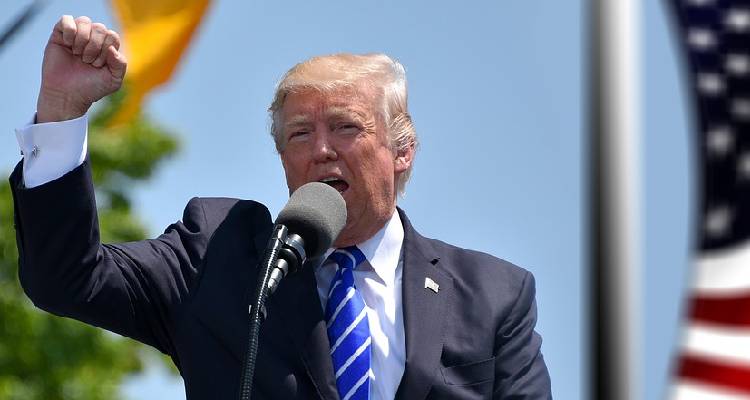

The US human papillomavirus (HPV) testing market will remain unaffected by the Trump Administration’s tariffs, as the leading tests—Roche’s cobas and Hologic’s Aptima Panther—are entirely manufactured within the country. With 94.6 per cent of HPV tests produced within the country, the risk of cost increases or supply chain disruptions is minimal. However, export challenges may arise for US manufacturers due to potential retaliatory tariffs, according to the MedSource Database of GlobalData.
Reportedly, the Trump Administration announced tariffs on most US trading partners are expected to impact all 510(k)-approved medical devices manufactured outside of the US (OUS). Thus, companies with OUS manufacturing will be affected by tariffs while companies that exclusively manufacture in the US will not be impacted.
Selena Yu, Senior Medical Device Analyst, GlobalData, comments, “When analysing the supply chain of the two devices, they are manufactured in New Jersey, California, and Ohio. The Hologic Aptima test is manufactured by Hologic in California, and a component of the test, silicon oil, polydimethylsiloxane, is contract-manufactured by VWR Chemicals in Ohio. The cobas HPV test is fully manufactured in-house in Roche’s New Jersey and California manufacturing plants.”
According to the GlobalData HPV Tests SKU tracker, which follows SKU level invoices using a US hospital purchasing database, the top two market leaders in HPV testing in the US are cobas with 57.8 per cent of volume sales in 2024, and the Aptima Panther with 36.8 per cent share. When looking at the revenue, the split is closer with the cobas HPV test leading with 50.4 per cent and the Aptima Panther HPV test with 42.8 per cent of sales revenue in 2024.
Yu concludes, “Since 94.6 per cent of HPV tests sold in the US, as tracked by the GlobalData SKU tracker, are exclusively manufactured in the US, they will not face challenges from Trump’s tariffs such as cost increases and supply chain disruptions. Tariffs can disrupt supply chains, creating uncertainty and delays, particularly if other nations impose retaliatory tariffs that could negatively affect US exports of medical devices. For instance, if Roche and Hologic, the leading global providers of HPV tests, have products solely made in the US for export, they might struggle to stay competitive in markets outside the US.”




